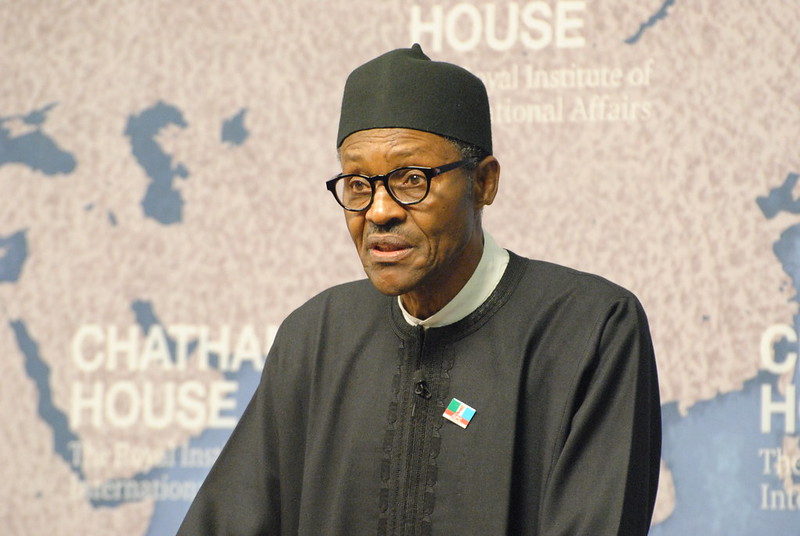Nigera – the sleeping giant of Africa – could finally be awoken this week as President Muhammadu Buhari is set to appoint ministers of the first ever cabinet of a Nigerian opposition party since democratisation in 1999. Yet with the Niger Delta Amnesty Programme for ex-militants set to end in December, responsibility for stability in the region is set to be the toughest assignment in the Federation.
After the peaceful handover of power in in May this year, Buhari and his team have been on a non-stop global tour of heads of state, last seen addressing world leaders at the UN general assembly last week.
This has been good publicity, boosting the legitimacy of the one-time military dictator and long-time malfunctioning country on the global stage. But Nigerians are apprehensive that he is shying away from the seemingly insurmountable domestic issues he pledged to resolve, namely the likelihood of renewed violence at both poles of the nation.
Buhari rode to success on his reputation as a disciplinarian, which voters prescribed was the tonic the corrupt and disorderly military needed to tackle the threats to national security.
Yet launching a military onslaught to annihilate the insurgency in the northeast has had little to no effect, and Boko Haram has been able to maintain the rate of attacks, killing at least 1,593 since his inauguration in May 2015.
The results are likely to be even more disastrous if Buhari’s appointees pursue the same ill-advised approach in the Niger Delta.
In the context of the drop in global oil price, Buhari has acknowledged that sustaining the Amnesty Programme – which provides financial support to ex-militants – is fiscally implausible for the Federal Government, and will therefore come to an end in December.
This decision, made by a northerner, has created added animosity amongst the southern population, which has historically been alienated by successive northern heads of state.
Alongside payments to all agitators, notable ex-militant leaders in the region were subdued by the previous administration with lucrative security contracts to protect the very oil pipelines they were attacking. Buhari has also refused to renegotiate deals with these actors.
The ex-militant leaders have used these funds to formalise their mobs, stock arsenals, and even procure warships.
Therefore, even if the security contract payments cease, ex-militants do not face the same financial restraints as insurgents in the northeast who are forced to rob banks and loot homes to replenish their armouries. Instead, their proven links to the highly organised multi-billion dollar oil theft syndicates that flourish in the region could be expanded to sustain a long, bloody battle.
To avoid triggering a return to militancy in the creeks, the new Minister of Niger Delta Affairs must take a more nuanced approach to the militancy that addresses the drivers of the conflict that have roots in the environmental destruction left by oil extraction, and the inequality the revenues reinforce.
Because the drivers of conflict are not specific to those who took up arms, the cause militants were fighting for has support across communities and ethnic groups in the region. A priority for the appointed minister must therefore be to consult Niger Deltans so that the policy approach taken responds to their needs.
This will not be an easy process, especially with an authoritarian leader at the helm used to military solutions. Hopefully Buhari recognises his own limitations here and has taken the four-months since inauguration to find the right Ministerial candidate. They must be capable enough to take a ‘softer’ development-led approach, and be endowed with the power to take a ‘harder’ line to leverage resources from Federal ministries and State governments.
About the Author
Alexander holds a masters degree in International Development, and is currently working as a West Africa Analyst with a keen interest in the political ecology of resources.
*Cover image ‘General Muhammadu Buhari, Presidential Candidate, All Progressives Congress, Nigeria’ by Chatham House

